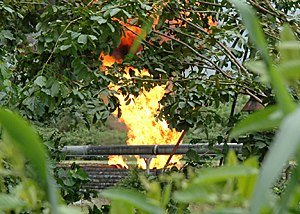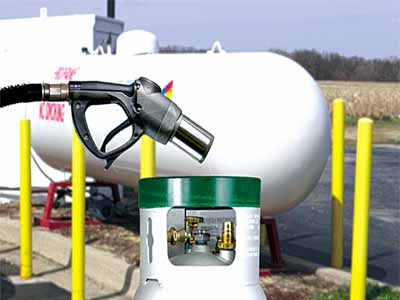
*Country now 70% gas flaring compliant
OpeOluwani Akintayo
20 January 2018, Sweetcrude, Lagos — Nigeria’s Minister of State for Petroleum Resources, Dr. Emmanuel Ibe Kachikwu has disclosed that the country will shift focus towards enacting more policies and directives aimed at the development of its gas reserves in 2018.
He made this known in the newly released bulletin of the Organisation of the Petroleum Exporting Countries, for December 2017-January 2018.
The Minister who spoke at the 173rd Meeting of the OPEC conference held in Vienna last year November described Nigeria as a gas country.
“Gas policy, we are going to try and change our dynamics from being an oil-producing country to being a gas producing country, because that is really what we are.” He added that “now we need to move from policies to directives,” he said.
In terms of Nigeria’s oil industry, he talked about both the upstream and downstream, investments, as well as providing an update on petroleum policy.
He stressed how important it is for Nigeria to get investors back into the field.
“It is important we get people back. We will define what the oil policy is, define what gas policy is, and people can have some predictability in terms of the business they are doing, and you begin to see a lot of them come back.”
Kachikwu said that from the perspective of Nigeria’s petroleum policy, the country now has a business model it is going to embrace in dealing with environmental issues, adding that the models have been passed to the “Council.”
In terms of timing, he said the Petroleum Industry Bill (PIB) “is not really in our hands, it is in the hands of the Assembly, but every indication that I have is that by the end of the year we should be looking to have it passed, at least the first rudimentary PIB regulations, that will be essential to stabilize the industry, so that is good.”
The PIB was passed by the House of Representatives on Wednesday.
In relation to the upstream, the minister spoke about a number of projects, including the Egina field that is being developed by Total, NNPC, CNOOC, SaPetro, and Petrobras.
He also said, “there are about three to four such big projects where FID’s have been taken, where it was just a matter of finding the funding and getting going.”
The Minister further identified the downstream as an area requiring urgent attention, in which a ministerial directive had been issued to have all refineries up and running by 2019.
According to him, many teams have been set up to deal with the issue, and there is a lot of financing interest, but stressed that “infrastructure is a major gap in the oil industry in Nigeria, so we need to think outside of the box.”
Looking ahead, he also stated that Nigeria has set a 2020 deadline, to end gas flaring, which he added is about ten years before the 2030 deadline that the United Nations has set to exit gas flaring.
He noted that Nigeria is about 70 percent compliant on gas flare exit and is hoping to take away the remaining 30 percent within the 2020 deadline.



